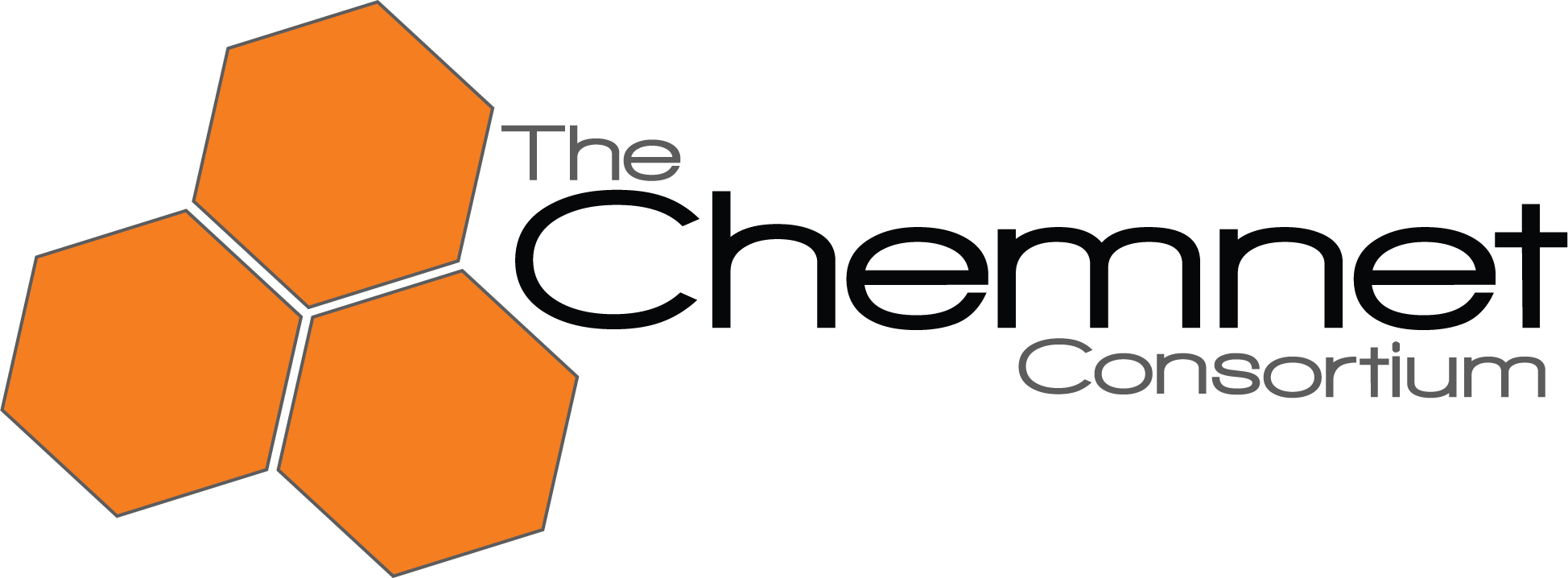By Tracy Bowlin
Drug and Alcohol Program Manager
Air Evac Lifeteam
No matter how comprehensive and well-thought-out your company’s drug and alcohol screening program is, its success – and ultimately the safety and reputation of your business – are at risk if you can’t trust the organizations you partner with for testing.
Companies and their Designated Employer Representatives (DERs) need to know that the collectors, breath alcohol technicians (BATs) and saliva testing technicians (STTs), who they partner with are trained and certified, comply with all federal, state and local regulations, properly document their results and meticulously maintain facilities and equipment.
If your company works with dozens or even hundreds of people in the field, day-to-day quality control isn’t easy, and regular audits can become costly and time-consuming, especially when travel is involved.
With that in mind, take extra care at the front-end, as you select your collectors, BATs and STTs.
Getting answers to all your questions in advance will go a long way to ensuring that your company remains a safe, drug-free workplace.
Be Informed
1. Make sure your testing businesses have the services you want.
- Do they offer both urine collections and alcohol testing?
- Will they come to your worksite to conduct testing?
- Do they offer rapid/instant, oral testing?
- Are they available to provide post-accident mobile collections?
2. Find out whether they are open for business and available at all times you might need testing.
- What are their hours?
- Will they remain open after closing time if an employee presents an insufficient amount of urine?
- Do they offer after-hours service?
- Is there a cutoff time for DOT testing? (Some locations will not test after 2 p.m. if they close at 5 p.m.)
3. Have them show you training documentation for their personnel and make sure that certifications line up with the technicians on staff.
- Are all collectors certified?
- How is staff educated on an ongoing basis?
4. Ask for a full explanation of the processes and procedures the company uses. For example, it’s important to know:
- Does the facility permit individuals who are being tested to leave the premises after checking in?
- What is their process for notifying you or the DER of test results especially refusals, positive alcohol tests, and unusual or suspicious behaviors by employees who are being tested?
- What are their procedures for collecting specimens under direct observation?
- Do they have same-gender observers readily available? Or, do you have to make an appointment?
5. Check-out collection sites for security and site integrity. (See the Office of Drug & Alcohol Policy & Compliance (ODAPC) 10 Steps to Collection Site Security and Integrity video )
- Is all staff fully educated about DOT and ODAPC security and integrity guidelines?
6. Determine whether the screening facility has a designated restroom for providing samples.
- If not, what measures are taken in securing the restroom? (No running water, blue dye in the toilet bowl, a secured/taped toilet bowl, etc.)
7. Check if the facility is conveniently located and offers parking. (Safe area)
8. Find out if the screening facility has the correct forms and equipment for the testing services you require, and whether all equipment is appropriately maintained.
- Do they have all Custody and Control Forms, or Alcohol Testing Forms? What about electronic versions (Form Fox, eScreen)?
- Is the employee required to bring the forms? What kind of identification will they need?
- Will the collection site store forms for your company?
- What BAT machine is used in the facility? (Is it on the approved ODAPC list?)
- How often do they check the calibration log on the BAT machine and are they willing to share a copy of the log?
- Do they change the testing straws for the BAT machine after each test?
9. Make sure the screening facility has a fax machine that can be used immediately after each DOT collection and/or alcohol test to appropriately distribute paperwork. (Confirm that they have the DER contact name and number on file.)
10. Check if your testing business has references from other employers and records of DOT inspections and audits.
Once your business contracts with a screening/collection company, make sure to continue checking in with them. To avoid collector errors going forward, consider auditing your collectors annually.
For more information about collector auditing strategies, contact info@ndasa.com.

